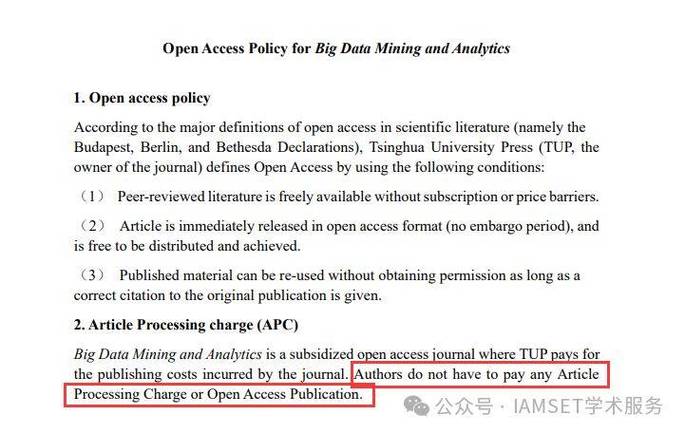
Understanding Big Data Law and Policy: A Detailed Overview for You
Big data has become an integral part of our lives, influencing various aspects of society, from healthcare to finance. As the volume, velocity, and variety of data continue to grow, it is crucial to understand the legal and policy frameworks that govern its use. In this article, we will delve into the intricacies of big data law and policy, providing you with a comprehensive overview.
What is Big Data Law and Policy?
Big data law and policy refer to the legal and regulatory frameworks that govern the collection, storage, processing, and sharing of big data. These frameworks are designed to protect individuals’ privacy, ensure data security, and promote the ethical use of big data.

Privacy and Data Protection
Privacy is a fundamental right, and big data law and policy aim to protect it. One of the key aspects of data protection is the General Data Protection Regulation (GDPR) in the European Union. The GDPR requires organizations to obtain explicit consent from individuals before collecting and processing their data. It also grants individuals the right to access, rectify, and delete their personal information.
Table 1: Key Privacy and Data Protection Regulations Around the World
| Region | Regulation | Description |
|---|---|---|
| European Union | GDPR | Regulates the processing of personal data of individuals within the EU |
| United States | California Consumer Privacy Act (CCPA) | Protects the personal information of California residents |
| China | Personal Information Protection Law (PIPL) | Regulates the collection, use, and storage of personal information in China |
Data Security and Breach Notification
Data security is another critical aspect of big data law and policy. Organizations are required to implement appropriate security measures to protect data from unauthorized access, disclosure, alteration, and destruction. In the event of a data breach, organizations must notify affected individuals and relevant authorities within a specified timeframe.
Ethical Use of Big Data
The ethical use of big data is essential to ensure that it is not used to discriminate against individuals or groups. This includes avoiding biases in algorithms, ensuring transparency in data collection and processing, and promoting fairness in decision-making processes.

Big Data in Different Industries
Big data has a significant impact on various industries, and the legal and policy frameworks governing its use vary accordingly. Here are a few examples:
Healthcare
In healthcare, big data is used to improve patient outcomes, personalize treatment plans, and identify disease patterns. However, the use of patient data raises concerns about privacy and data security. Regulations such as the Health Insurance Portability and Accountability Act (HIPAA) in the United States aim to protect patient confidentiality.
Finance
Big data is used in finance to detect fraud, manage risks, and personalize financial services. The use of big data in finance is subject to regulations such as the Bank Secrecy Act (BSA) in the United States, which requires financial institutions to monitor transactions for suspicious activity.
Marketing
Big data is used in marketing to analyze consumer behavior, target advertising, and personalize product recommendations. However, the use of big data in marketing raises concerns about privacy and consent. Regulations such as the CAN-SPAM Act in the United States require marketers to obtain explicit consent before sending commercial emails.
Conclusion
Understanding big data law and policy is essential for individuals, organizations, and policymakers to ensure the responsible use of big data. By adhering to legal and ethical standards, we can harness the power of big data while protecting individuals’ privacy and promoting fairness.




